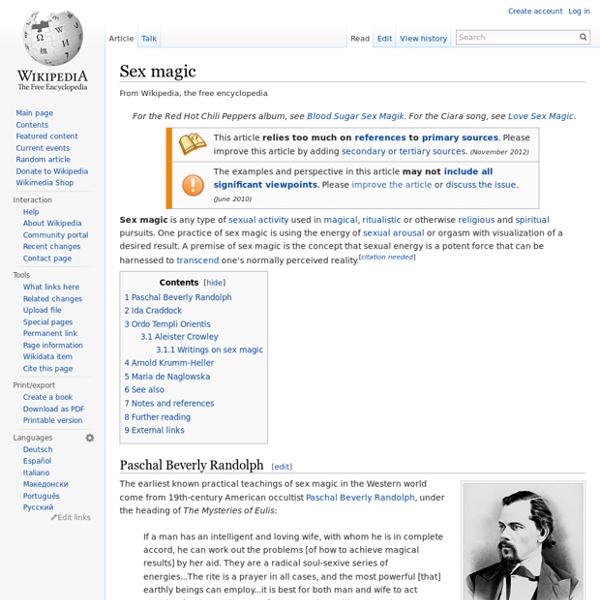Theory of everything (philosophy)
In philosophy, a theory of everything or ToE is an ultimate, all-encompassing explanation or description of nature or reality.[1][2][3] Adopting the term from physics, where the search for a theory of everything is ongoing, philosophers have discussed the viability of the concept and analyzed its properties and implications.[1][2][3] Among the questions to be addressed by a philosophical theory of everything are: "Why is reality understandable?" "Why are the laws of nature as they are?" "Why is there anything at all?"[1] The "system building" style of metaphysics attempts to answer all the important questions in a coherent way, providing a complete picture of the world. Other philosophers do not believe philosophy should aim so high. In “The Price of an Ultimate Theory”,[2] originally published in 2000, Nicholas Rescher specifies what he sees as the principal properties of a Theory of Everything and describes an apparent impasse on the road to such a theory.
Metaphysics
Metaphysics is a traditional branch of philosophy concerned with explaining the fundamental nature of being and the world that encompasses it,[1] although the term is not easily defined.[2] Traditionally, metaphysics attempts to answer two basic questions in the broadest possible terms:[3] Ultimately, what is there?What is it like? Prior to the modern history of science, scientific questions were addressed as a part of metaphysics known as natural philosophy. Originally, the term "science" (Latin scientia) simply meant "knowledge". The scientific method, however, transformed natural philosophy into an empirical activity deriving from experiment unlike the rest of philosophy. Etymology[edit] However, once the name was given, the commentators sought to find intrinsic reasons for its appropriateness. Central questions[edit] Cosmology and cosmogony[edit] Metaphysical Cosmology is the branch of metaphysics that deals with the world as the totality of all phenomena in space and time. [edit] [edit]
Magical organization
Significant orders and organizations[edit] The Hermetic Order of the Golden Dawn has been credited with a vast revival of occult literature and practices and was founded in 1887 or 1888 by William Wynn Westcott, Samuel Liddell MacGregor Mathers and William Robert Woodman. The teachings of the Order include Enochian magic, Christian mysticism, Qabalah, Hermeticism, the paganism of ancient Egypt, theurgy, and alchemy.[1] Ordo Aurum Solis, founded in 1897, is a Western Mystery Tradition group teaching Hermetic Qabalah. Its rituals and system are different from the more popular Golden Dawn, this is because the group follows the ogdoadic tradition instead of rosicrucianism. The A∴A∴ was created in 1907 by Aleister Crowley and also teaches magick and Thelema. Other magical organizations[edit] Some (in many cases, equally notable) organizations. Organizations founded prior to the 19th century[edit] Organizations founded in the 19th century[edit] References[edit]
Hermetic Order of the Golden Dawn
The three founders, William Robert Woodman, William Wynn Westcott, and Samuel Liddell MacGregor Mathers were Freemasons and members of Societas Rosicruciana in Anglia (S.R.I.A.).[5] Westcott appears to have been the initial driving force behind the establishment of the Golden Dawn. The Golden Dawn system was based on hierarchy and initiation like the Masonic Lodges; however women were admitted on an equal basis with men. The "Golden Dawn" was the first of three Orders, although all three are often collectively referred to as the "Golden Dawn". Influences[edit] Influences on Golden Dawn concepts and work include: Christian mysticism, Qabalah, Hermeticism, Ancient Egyptian religion, Theurgy, Freemasonry, Alchemy, Theosophy, Astrology, Eliphas Levi, Papus, John Dee & Edward Kelly, Enochian magic, and Renaissance grimoires, as well as Anna Kingsford & Frederick Hockley. History[edit] Cipher Manuscripts[edit] According to the records of the Order, the manuscripts passed from Kenneth R. J.W.



